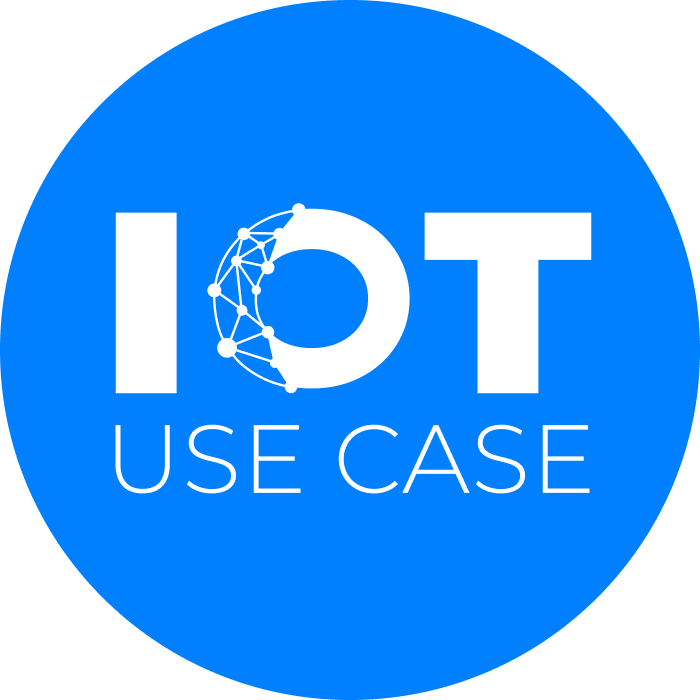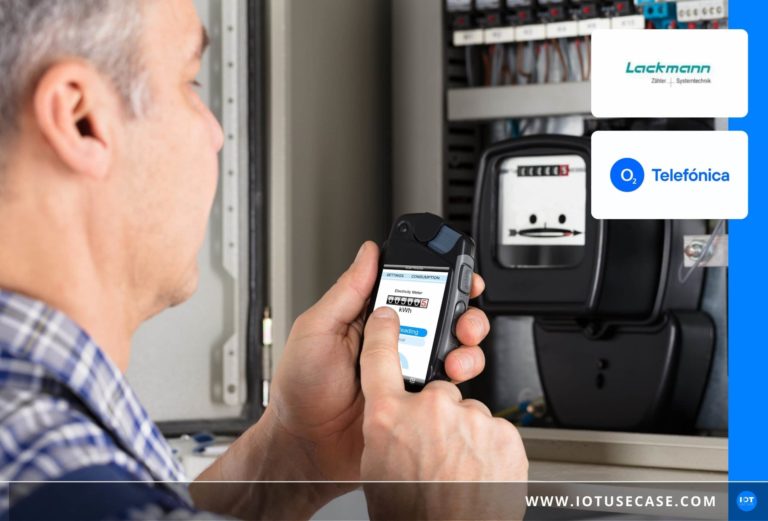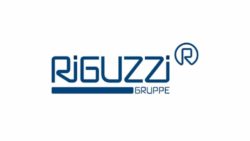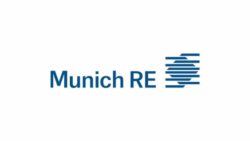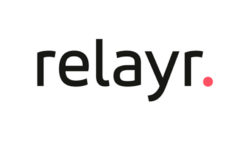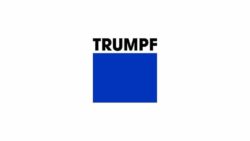For medium-sized companies like the Riguzzi Group in particular, regular investments and driving forward the digital transformation are relevant in order to secure competitive advantages and be able to hold their own on the market in the long term. It is helpful to improve financial flexibility and reduce complexity with usage-based models such as Pay-per-Part.
The challenge: High investment requirements for additional growth
The Riguzzi Group is a medium-sized company in the sheet metal working sector. The traditional company Gysi AG is already undergoing digital transformation and has recently become part of the Riguzzi Group. In order to continue to hold its own in the market, the company needs to invest in machinery, process optimization and on-site infrastructure. In addition to the changes in production, distribution is also changing: The Internet now also makes it easier for traditionally regional suppliers to publicize their own services beyond the borders of their home market and to reach new customers, but this also changes the demands on logistics.
The search for qualified employees is an additional challenge for the Riguzzi Group. Digitalization and the increasing complexity of production have greatly changed the demands placed on employees in recent years. In addition to their previous tasks, employees are increasingly required to have knowledge of IT applications, and sheet metal workers also need specially trained IT specialists. Here, companies in the sheet metal working industry compete with companies in other industries.
In addition to the new challenges brought about by digitalization, however, sheet metal workers still face old familiar problems. Thus, it is often difficult to calculate the actual production costs incurred. The result is that a market-driven, profitable price can hardly be calculated. The key question of which orders are ultimately profitable for the company therefore remains unanswered.
The new offer from premium machine manufacturer TRUMPF and its partner Munich Re can help.
The solution: Networking, full automation and Pay-per-Part
Pay-per-part (PPP) is a usage-based model in which the number and specification of manufactured workpieces is the basis for payment. TRUMPF provides the basis for this with the TruLaser Center 7030: It is the first networked and fully automated machine that covers all process steps of laser cutting. It handles the entire cutting process from drawing to the sorted part, including independent loading and unloading.
This feature set allows a new approach to production, namely “Equipment-as-a-Service” without investment costs. The user gets the machine delivered directly to the house and then pays only for the parts produced on the machine. For this purpose, the machine is networked via an Industrial IoT (IIoT) component so that it can continuously collect data. Through Berlin-based Relayr, a subsidiary of Munich Re, data-based reinsurance production guarantees will also be part of the package: users will be compensated in the event of unplanned downtime.
To further optimize the machine on an ongoing basis, TRUMPF can provide remote support. In addition, there are trained technicians who regularly check the machine status and can quickly intervene in case of problems. They schedule maintenance in advance to avoid production downtime.
An important advantage of Pay-per-Part is the low fixed costs. No expensive investment with borrowing is necessary and the accounting of the machine as a fixed asset is not required. Instead, only operating costs are incurred, namely the amounts due per workpiece. Before an order is produced on the PPP machine, the producer sees the exact costs incurred. On this basis, he can then decide which orders he actually wants to complete. Companies can thus flexibly adapt their production to demand and no longer run the risk of accepting unprofitable orders. Thanks to full automation and support from TRUMPF experts in the event of technical problems, this can also be done independently of the available workforce. If the workload exceeds the capacity of the machine, another unit can simply be added to the PPP model.
The result: Investments without borrowing
Pay-per-Part, linked to monitoring of the machine via IIoT, is an ideal solution for medium-sized companies such as the Riguzzi Group and Gysi AG. With the new usage-based model, they can modernize and expand their machinery without having to take out large loans. In addition, in the PPP model, they benefit from paying only for finished cut sheet metal parts and knowing the exact cost of each part before it is produced. So you bear less production risk.
The variable cost structure, which adapts to the order situation, and the high degree of automation combined with the services in the PPP model will enable customers to improve their position in the market in the future. They can now grow faster and with less risk, and price their products optimally.
